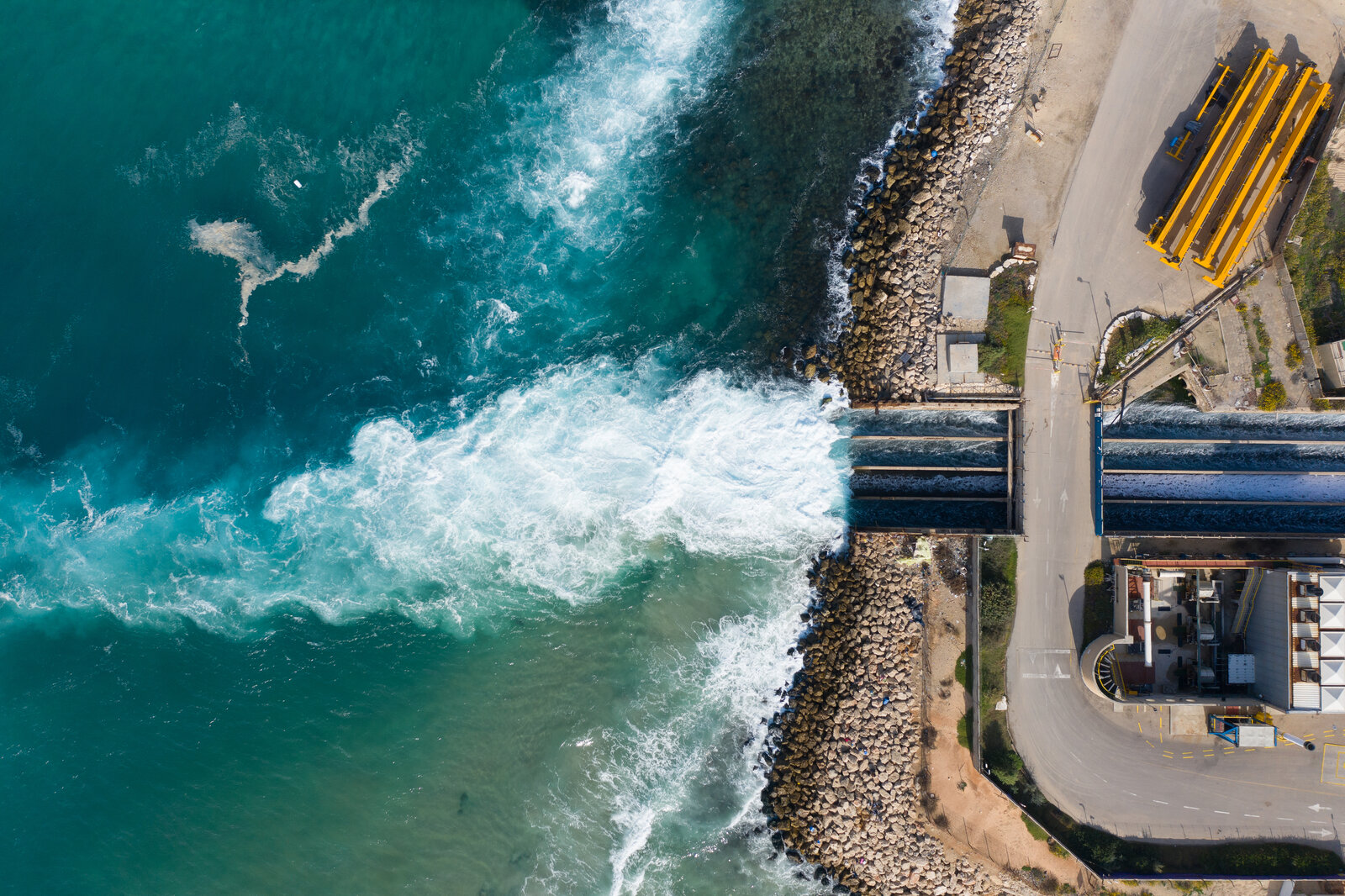Taqa, Engie and EWEC achieve financial close for AED 2.3 bn “low-carbon” desalination plant

We’re one step closer to the UAE’s third largest RO desalination plant: The UAE’s state-owned Abu Dhabi National Energy Company (Taqa), French utility company Engie, and the Emirates Water and Electricity Company (EWEC) have achieved financial close for the AED 2.3 bn (c. USD 620 mn) low-carbon Mirfa 2 Reverse Osmosis (M2 RO) desalination plant, according to a statement (pdf) to the ADX. The move comes months after Taqa and Engie inked the water purchase agreement with EWEC in February.
What we know: M2 RO will produce 120 mn imperial gallons per day (MIGD) of water once fully operational in 4Q 2025, equating to c. 550k cubic meters per day of potable water. This will make it the third largest RO desalination facility in the country. Taqa will own 60% of the plant, while Engie will hold a 40% share. They will be tasked with the operations and maintenance (O&M) of the plant, with Engie holding a 60% stake in the O&M company and Taqa owning the remaining 40%. EWEC will procure the water supplied from the plant for 30 years.
Where the money is coming from: The project will have 78% of its funding come from debt financing from local and international lenders, including Abu Dhabi Islamic Bank (ADIB), BNP Paribas Fortis, Sumitomo Mitsui Banking Corporation (SMBC), The Norinchukin Bank, BNP
Paribas (BNPP) and KfW IPEX-Bank GmbH.
All under a wider strategy: A pipeline of RO projects should allow EWEC to help realize the Abu Dhabi Department of Energy’s Clean Energy Strategic Targets 2035 to slash carbon emissions by up to 75%, EWEC CEO Othman Al Ali said. “Through our initiatives, we forecast that over 90% of our water production will be from RO technology by 2030, resulting in an 88% reduction in carbon emissions associated with water production,” he said.
Good marketing: M2 RO will leverage highly efficient RO desalination, the statement said, highlighting an efficiency of up to six times more than traditional thermal desalination. Plant operators would be able to lower carbon emissions by decoupling water and power generation processes, allowing them to slash costs and achieve sustainability targets.
But the jury’s still out on how green it is: There has been a debate on the low carbon classification of reverse osmosis plants. Such plants can’t be truly labeled “low carbon” as long as they’re powered by fossil fuels, Saudi Acwa Power’s former CEO Paddy Padmanathan said last year. Fossil fuels are used in around 70% of desalination plants in the Gulf, he said. This method of desalinating water is also highly intensive, requiring 3-10 KWh of energy to produce 1 cubic meter of water, far higher than the 1 KWh used in traditional water treatment plants. It’s unclear how power used for the M2 RO plant will be generated.
More to come? EWEC called on developers last year to bid on building two new low-carbon reverse osmosis water plants. The plants are set to be located on the islands of Saadiyat and Hudayriat and will provide some 455k cubic meters of water a day — enough to supply up to 180k households. EWEC already operates six reverse osmosis desalination plants.